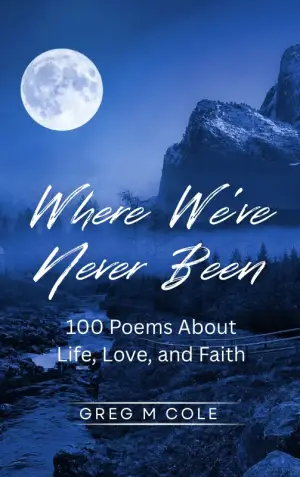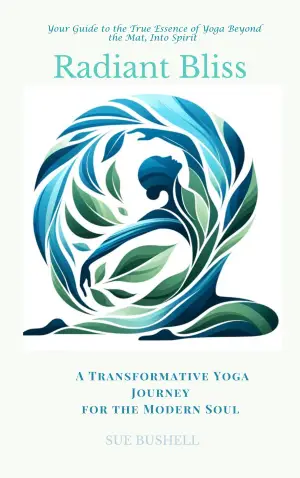Reflecting on The Edge of Water by Olufunke Grace Bankole
From the moment I stumbled upon The Edge of Water, I felt an invisible pull guiding me toward its pages. Maybe it was the promise of a powerful family saga intertwined with the rich tapestry of Yoruba culture, or perhaps it was the notion of “dreaming women” spanning generations. Whatever the case, Olufunke Grace Bankole has woven a tale that transcends borders, resonating deeply within the soul.
At its heart, The Edge of Water is an exquisite exploration of the dreams, destinies, and profound connections between mothers and daughters—especially between Esther and her daughter Amina. Their correspondence, kicked off by Amina’s leap into the unknown of America, serves as a poignant bridge between their worlds. As Esther writes, capturing years of unspoken sentiments, the letters breathe life into the complexities of love, longing, and heritage. I found myself reflecting on my own relationships, the truths left unspoken, and the yearning for understanding that resonates through family lines.
Bankole’s writing style is lyrical, layering vivid imagery over the narrative’s emotional depth. The italicized captions—such as “Shells in the shape of a wave” or “Shells in the shape of God”—add a mystical touch that mirrors the dualities of life explored throughout the story. As I read, I felt transported between the earthly and the spiritual realms, finding comfort and struggle in their intertwining.
One of the standout moments for me came from Esther’s poignant thoughts on betrayal. “Betrayal by others is part of living,” she reflects, “but it’s betrayal of yourself that is hardest to ignore.” This struck a chord, echoing the internal battles we all face when navigating our desires and responsibilities. It was a reminder that the scars of generational trauma don’t have to dictate one’s future; instead, they can weave into the fabric of resilience and dignity.
The supernatural elements, particularly through the character of Iyanifa, the priestess guiding Amina’s destiny, beautifully illustrate the Yoruba belief system. I found myself captivated by these moments of divination, a reflection of our own yearning for guidance in the uncertainties of life.
For anyone who has experienced the pains of dislocation or the bittersweet taste of belonging, The Edge of Water will resonate. It speaks not just to those rooted in Yoruba culture but to anyone navigating the complexities of identity and connection. The themes of resilience and hope linger long after the final page, offering a glimpse into the rich world of Yoruba philosophy that many readers may find challenging yet rewarding.
In conclusion, Olufunke Grace Bankole has crafted a book that is more than just a story; it’s an invitation to reflect on our connections, our family legacies, and the worlds we inhabit. Whether you’re a lover of literary fiction, an enthusiast of Nigerian culture, or someone searching for a poignant narrative about women’s dreams, The Edge of Water is a treasure worth diving into. Personally, I walked away with a deeper appreciation for the complexities of love, loss, and the enduring spirit of those who came before us.











